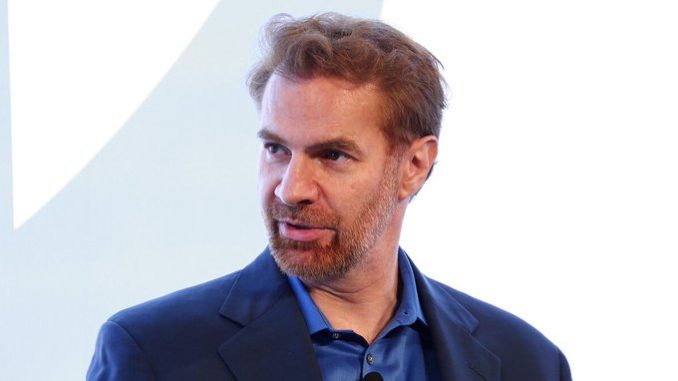
ChatGPT and its ilk represent a welcome quantum leap for productivity, according to eminent AI expert Professor Erik Brynjolfsson. But he adds that such rapid developments also present a material risk
Erik Brynjolfsson is in great demand. The US professor whose research focuses on the relationship between digital tech and human productivity is nearing the end of a European speaking tour that’s lasted nearly a month. Despite this, he’s showing no signs of fatigue – quite the opposite, in fact.
Speaking via Zoom as he prepares for his imminent lecture in Oxford, the director of the Digital Economy Lab at the Stanford Institute for Human-Centered AI is enthused by recent “seminal breakthroughs” in the field.
Brynjolfsson’s tour – which has included appearances at the World Economic Forum in Davos and the Institute for the Future of Work in London – is neatly timed, because the recent arrival of ChatGPT on the scene has been capturing human minds, if not yet hearts.
The large-scale language model, fed 300 billion words by developer OpenAI, caused a sensation with its powerful capabilities, attracting 1 million users within five days of its release in late November 2022. At the end of January, Microsoft’s announcement of a substantial investment in OpenAI “to accelerate AI breakthroughs” generated yet more headlines.
ChatGPT’s popularity is likely to trigger an avalanche of similarly extraordinary AI tools, Brynjolfsson predicts, with a possible economic value extending to “trillions of dollars”. But he adds that proper safeguards and a better understanding of how AI can augment – not replace – jobs are urgently required.
